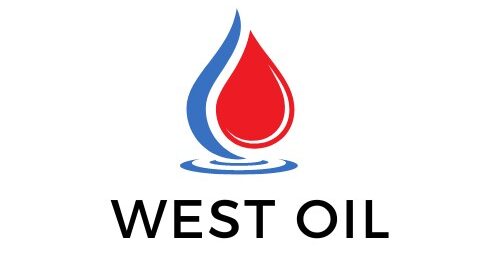Running a business in Canada comes with a myriad of responsibilities, and legal compliance is a crucial aspect that cannot be overlooked. Understanding and adhering to the key regulations governing business operations is essential to protect your company’s interests, maintain a positive reputation, and avoid costly penalties or legal disputes. In this article, we will explore the fundamental regulations that every Canadian business owner should be familiar with.
Business Registration and Structure
Before commencing operations, it is imperative to register your business with the appropriate authorities. The requirements may vary depending on the structure of your business. For instance, if you plan to operate as a sole proprietor, you must register your business name with the provincial or territorial government. If you opt for a partnership, a partnership agreement is recommended to outline the responsibilities and liabilities of each partner. For corporations, registration with the federal or provincial/territorial government is mandatory, along with the creation of articles of incorporation.
Employment Standards
Employment standards are designed to safeguard the rights of employees and ensure fair treatment in the workplace. In Canada, employment standards vary by province or territory, but certain provisions remain consistent throughout the country. These include minimum wage, overtime pay, vacation entitlements, and termination procedures. Familiarize yourself with the employment standards specific to your jurisdiction to ensure compliance and avoid potential legal repercussions.
Taxation Regulations
Understanding and complying with tax regulations is vital for any Canadian business owner. The Canada Revenue Agency (CRA) oversees taxation matters, including income tax, goods and services tax (GST), and payroll deductions. Businesses must maintain accurate financial records, file tax returns within the specified deadlines, and remit the appropriate taxes. Familiarize yourself with the tax requirements applicable to your business, and consider seeking professional advice to ensure compliance and optimize tax planning strategies.
Privacy and Data Protection
With the increasing reliance on technology and the collection of customer data, privacy and data protection have become paramount for businesses. The Personal Information Protection and Electronic Documents Act (PIPEDA) regulates the collection, use, and disclosure of personal information by private-sector organizations. Under PIPEDA, businesses must obtain consent for data collection, ensure appropriate safeguards are in place to protect personal information and provide individuals with access to their data. Familiarize yourself with PIPEDA or similar provincial privacy laws to ensure compliance and foster customer trust.
Intellectual Property Rights
Protecting your intellectual property is essential for maintaining a competitive advantage. In Canada, intellectual property rights include trademarks, patents, copyrights, and industrial designs. Registering your trademarks and patents can provide legal protection against unauthorized use or reproduction. Copyright protection is automatic upon creation, but registering your works strengthens your rights. Familiarize yourself with the process of intellectual property registration and consult with a lawyer specializing in intellectual property to safeguard your creations.
Consumer Protection
Consumer protection legislation aims to safeguard the rights and interests of consumers. The Competition Bureau of Canada enforces laws related to false advertising, product labeling, pricing practices, and other deceptive or anti-competitive behaviors. Ensure that your business practices adhere to fair competition principles and avoid engaging in misleading or fraudulent activities that could harm consumers. Additionally, be aware of any industry-specific regulations that may apply to your business.
Occupational Health and Safety
Creating a safe work environment for your employees is not only morally right but also legally mandatory. Occupational health and safety regulations are established to prevent workplace accidents, injuries, and illnesses. Each province and territory has its own legislation governing occupational health and safety, including requirements for hazard assessments, training programs, and safety protocols. Familiarize yourself with the applicable regulations, conduct regular safety inspections, and provide adequate training and protective equipment to ensure compliance and protect your employees’ well-being.
Operating a business in Canada requires diligent adherence to a range of regulations to maintain legal compliance and protect your interests. From business registration and employment standards to taxation, privacy, intellectual property, consumer protection, and occupational health and safety, understanding and complying with these regulations is crucial for success. By staying informed and seeking professional guidance when needed, Canadian business owners can navigate the complex legal landscape effectively, mitigate risks, and build a solid foundation for long-term growth. Remember, legal compliance is not just a legal obligation; it is a strategic investment in your business’s sustainability and reputation.
